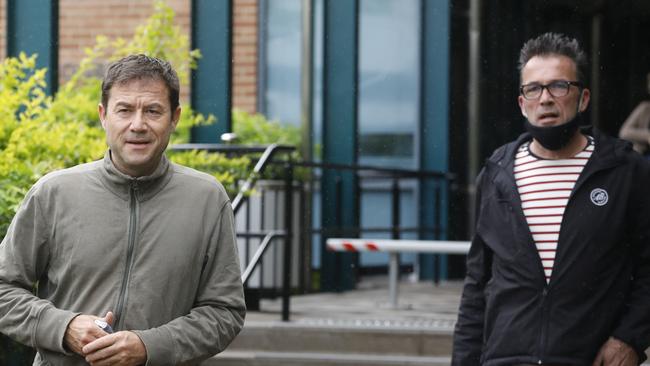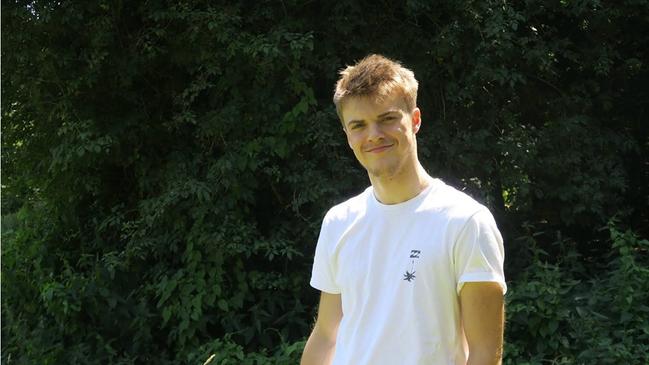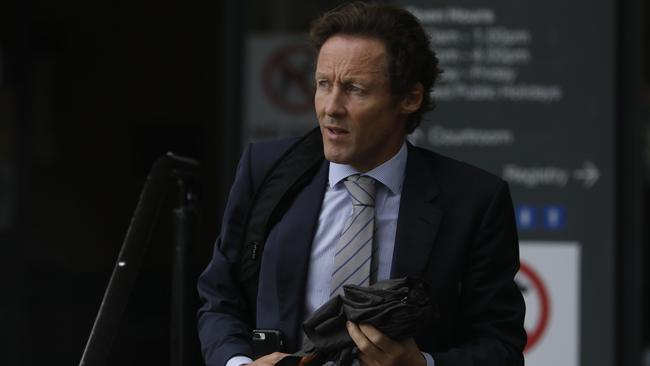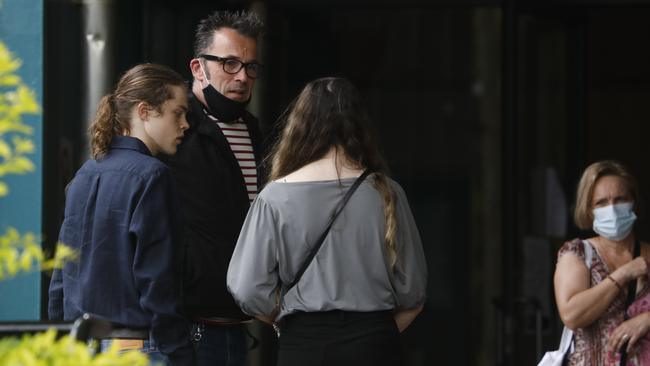Theo Hayez inquest in Byron: Investigators’ obstacles to be explored
An inquest into the disappearance of a Belgian backpacker in Byron Bay will hear how shortfalls in legislation may have hampered Northern NSW investigators.
Byron Shire
Don't miss out on the headlines from Byron Shire. Followed categories will be added to My News.
Barriers and obstacles in missing persons investigations will be a focus of the inquest into the 2019 disappearance of Belgian backpacker Theo Hayez in its second week.
Theo, aged 18 at the time, was last seen leaving Cheeky Monkey’s nightclub on Jonson Street in Byron Bay about 11pm on May 31, 2019.
The coronial inquest into his mysterious disappearance began on November 29 and was in its sixth day on Monday.
Counsel assisting the Coroner Kirsten Edwards said key points to be explored during the second week of proceedings included phone and internet data.

It’s expected the police officer in charge of investigating Theo’s disappearance, Detective Senior Constable Philip Parker, will this week give evidence that the case was “one of the larger missing persons investigations in the Northern Rivers region”, Ms Edwards said.
She said the court would also hear evidence the matter would pose a “learning opportunity” on the “barriers and obstacles police encountered”.
Ms Edwards said it was hoped those obstacles could be anticipated and avoided in future cases with the help of what would come to light during the inquest.
“Our focus this week will be on time and technology,” Ms Edwards said.
“That is, getting the best technological information … in the shortest possible time to help investigators.”

She said legislative gaps and legal complexities surrounding missing persons investigations would be explored.
While helping to expedite future investigations may not help to solve the mystery of what happened to Theo, Ms Edwards told the inquest the Hayez family supported the approach.
“They have made it very clear to the assisting team, very graciously, that they don’t want anyone else to experience what they have gone through and they support reform,” she said.
Ms Edwards said the inquest would also look at “certain coercive powers” of police and how they related to missing persons cases.
The inquest heard many such powers were limited to suspected crime, sometimes only suspected serious crime.

She noted that in Theo’s case, Telstra had been helpful as had the Wake Up hostel.
This was through goodwill but if they had not co-operated with police, there was no legal basis to force their assistance, Ms Edwards said.
“It’s not necessarily the case a suite of more coercive powers for police is the solution or necessary or desirable,” she said.
“There are competing policy considerations including privacy considerations and protection of people who deliberately flee abusive situations.”

But the court heard she was hopeful recommendations to ease legal obstacles in missing persons cases could arise from the inquest.
“Your honour has seen in this case just how significant mobile data can be in locating missing people,” Ms Edwards said.
“Sadly, it could be argued legislation has not kept pace with advancements in technology.”
She said missing persons investigations had not had the same “focus and powers” as legislation that applied to criminal investigations.
The inquest is expected to hear from a key member of the community-led search party which was heavily active in the early days after Theo’s disappearance, a telecommunications expert and police involved in the investigation.




